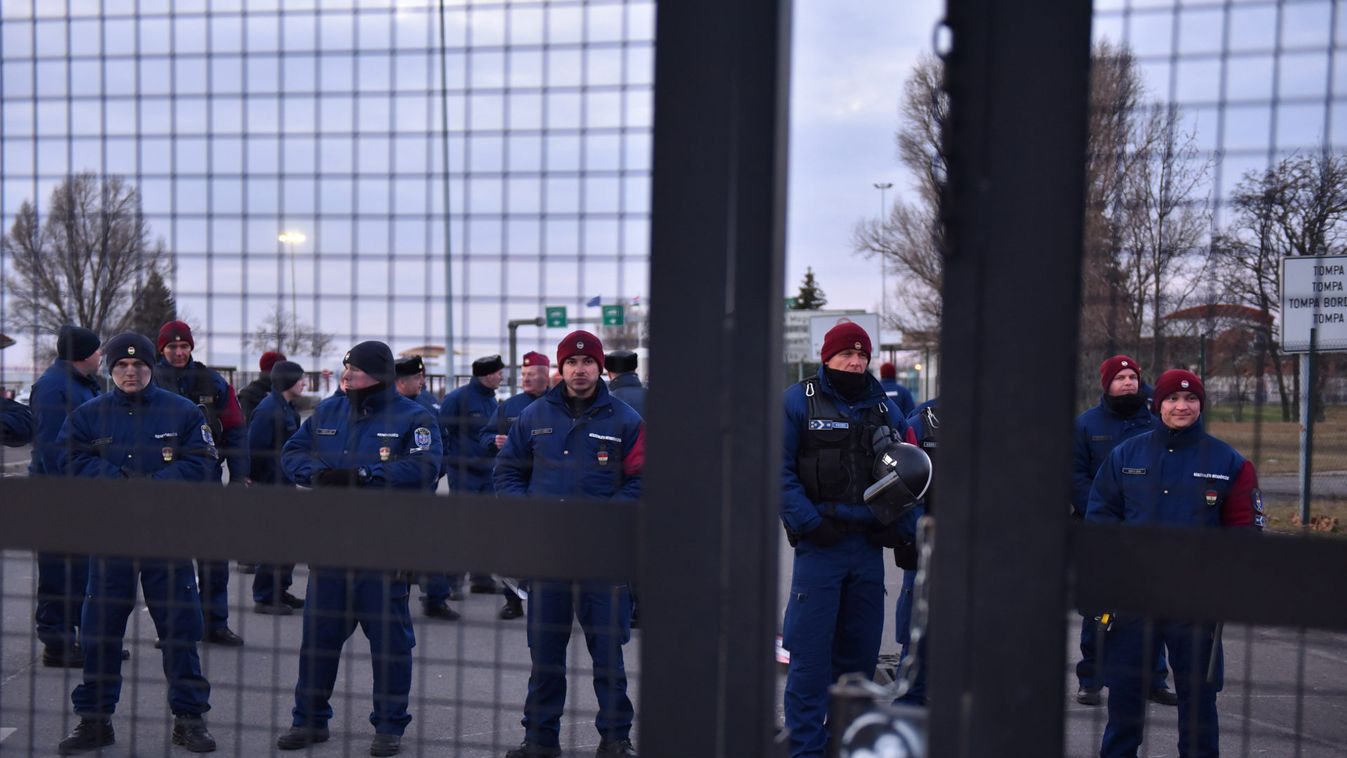When the coronavirus epidemic exploded march of this past year, illegal migration on the Hungarian-Serbian border essentially stopped; economic migrants did not try to enter Hungary, as was evident in published statistics on the Police.hu site. The migrants were most active during the 1st and 9th week of this past year; the number of intercepted illegal crossings, captures, arrests, and proceedings was over one thousand. This number fell to eight hundred on the 10th week, under seven hundred on the 11th, and barely reached two hundred on the 12th week. The numbers continually decreased until the 17th week; at that point a mere eighteen attempted trekking into the European Union. Among them, ten border-crossing attempts were prevented, six individuals were intercepted, and two were captured.

Ukrainian Spy Sends Message to Hungarian Authorities: One Day You Will Be Held Accountable!
Peter Magyar’s friend and “brother,” Roland Tseber, threatened Hungary’s national security agencies and criticized the organization representing Hungarians in Transcarpathia during an interview with the outlet Atlatszo.






















